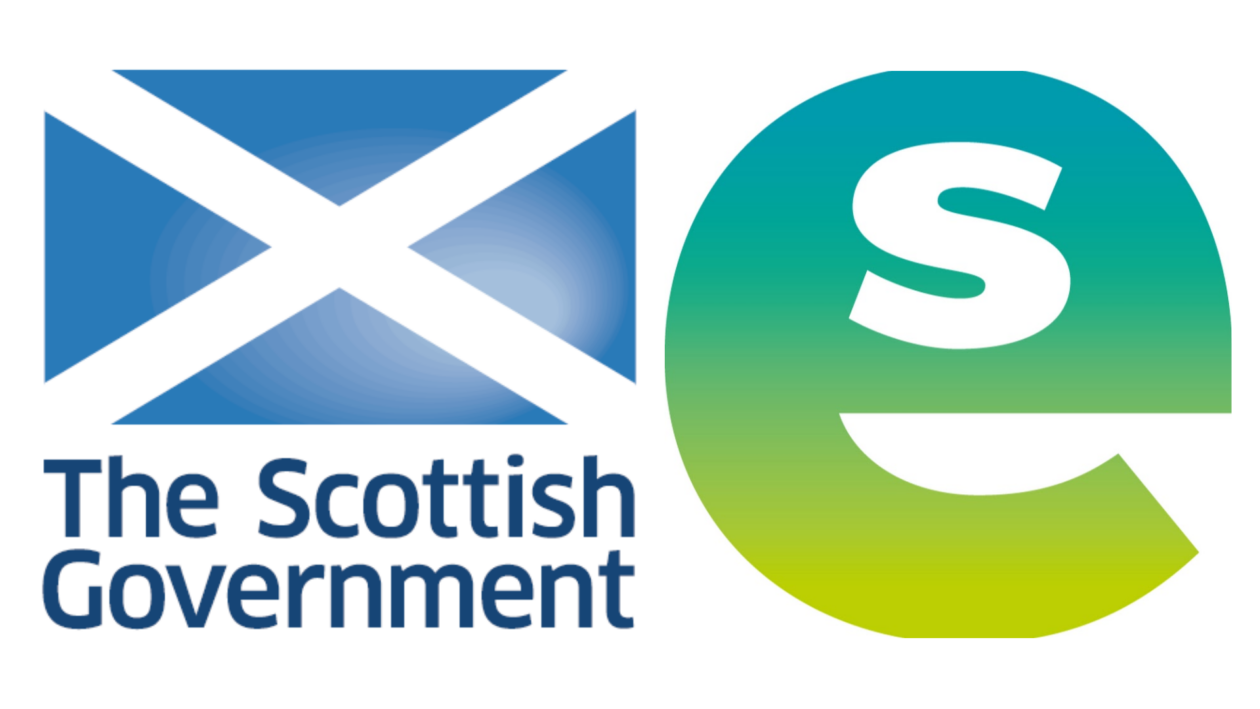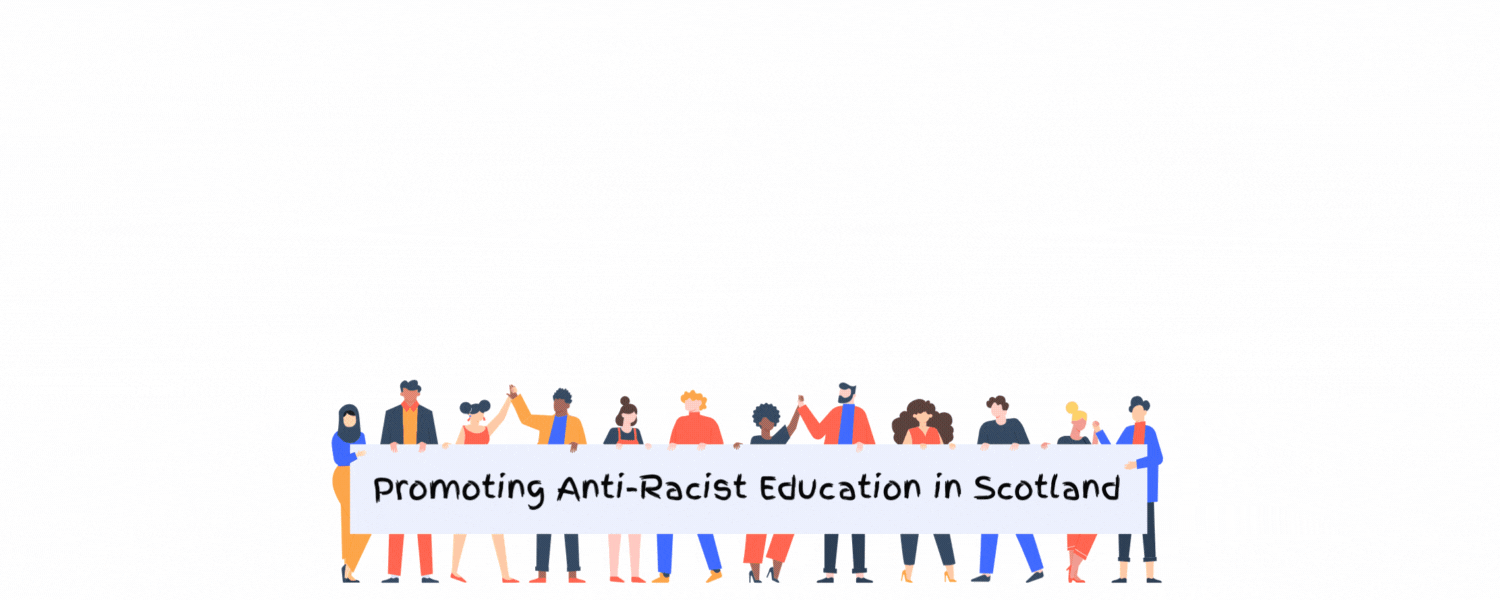All learners should feel that they are represented in the curriculum; diverse representations of characters and cultures in texts need to be routine and normalised because they benefit children of all backgrounds. ‘Books play an important role as mirrors for children: these stories and characters will affect how they see themselves and the world around them, their motivation to read, and their aspirations to become authors and illustrators of the future.’ BookTrust Represents
Children should feel that their experience/culture is mirrored and explored in the texts. Overall the focus should be on increasing diversity to benefit all communities, and not only for minority ethnic communities, otherwise they will continue to be viewed as inferior.
Care should be taken to avoid ethnocentrism, in other words, treating white, majority ethnic cultures as the norm and superior to other cultures. Difference should be normalised and valued, without reducing difference to simplistic stereotypes. Including examples of differences and similarities helps children avoid seeing difference as negative or exotic (also known as exotification).
Learners could be supported to consider whose story is being shared, who benefits from the story, who is missing from the story and why this might be the case. They could be supported in using their critical literacy skills to take positive action for social justice.
In texts that include Minority Ethnic characters who are not given agency or a voice it is important to balance this out by exploring what these characters’ perspectives and experiences might be. Balance should be brought by including texts by Minority Ethnic writers.
Books can help children and young people to develop empathy for others. Resources are available to help them explore what it means to have ‘empathy’ for someone else.
The following sections explores ideas and links for embedding anti-racism across experiences and outcomes. Click on the links below to explore each level:


